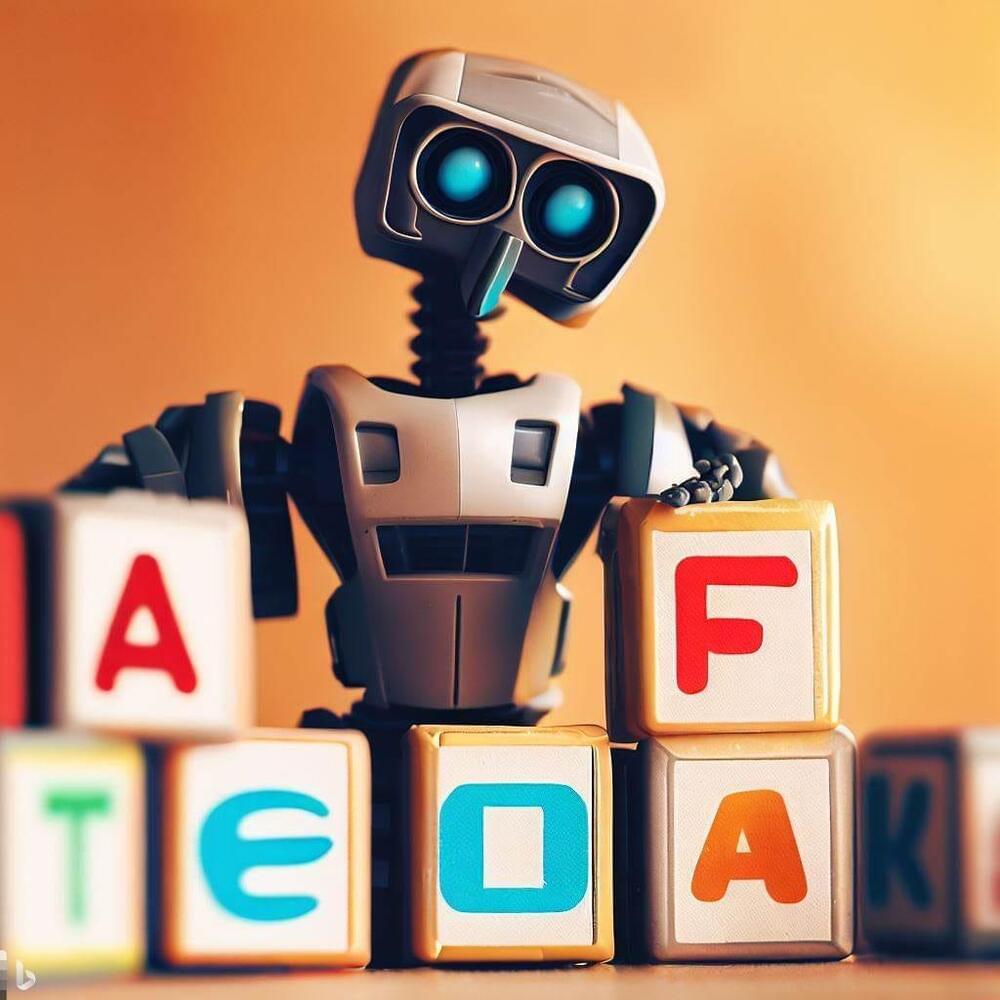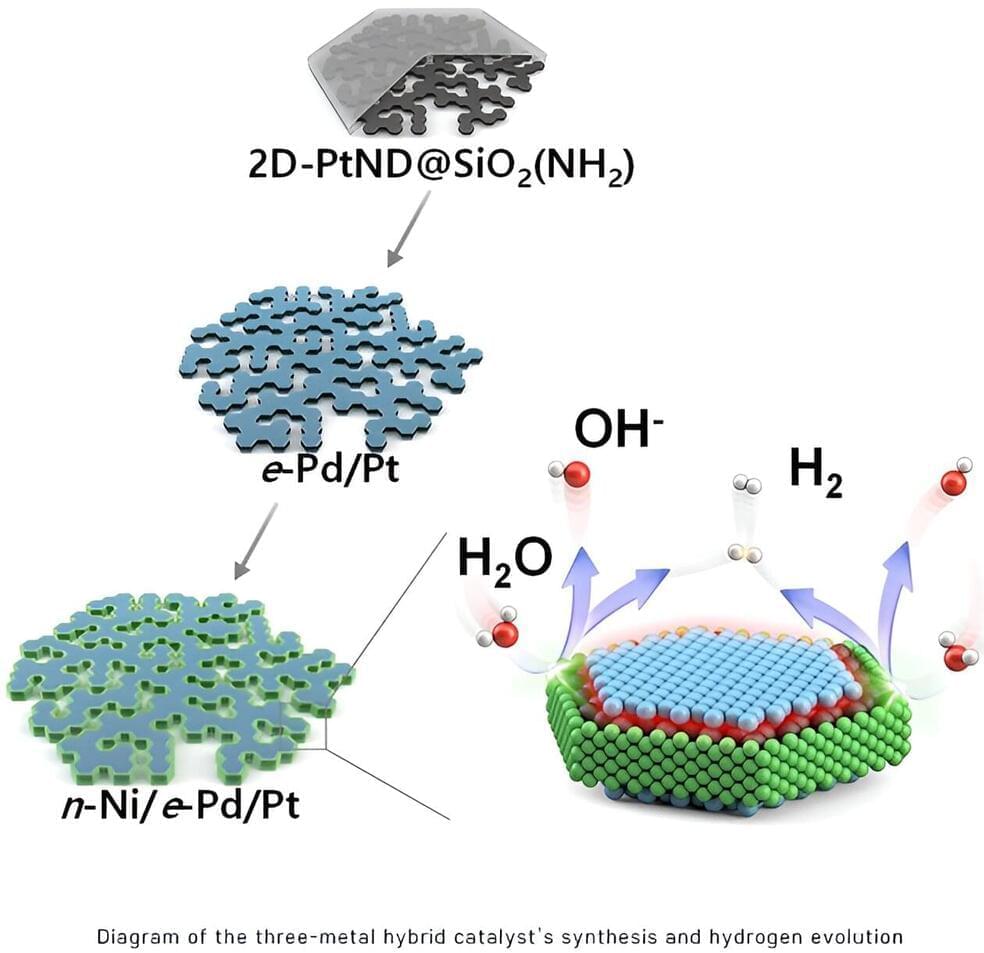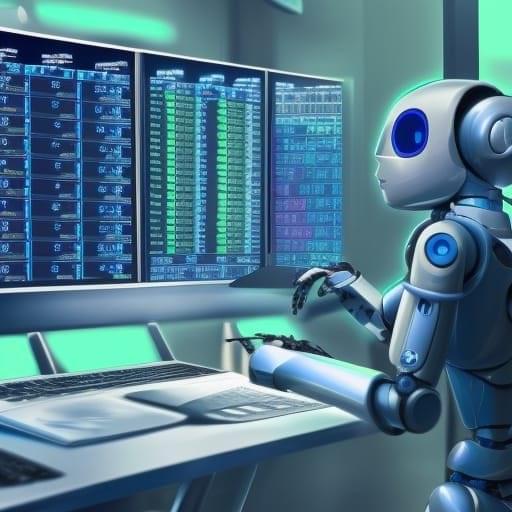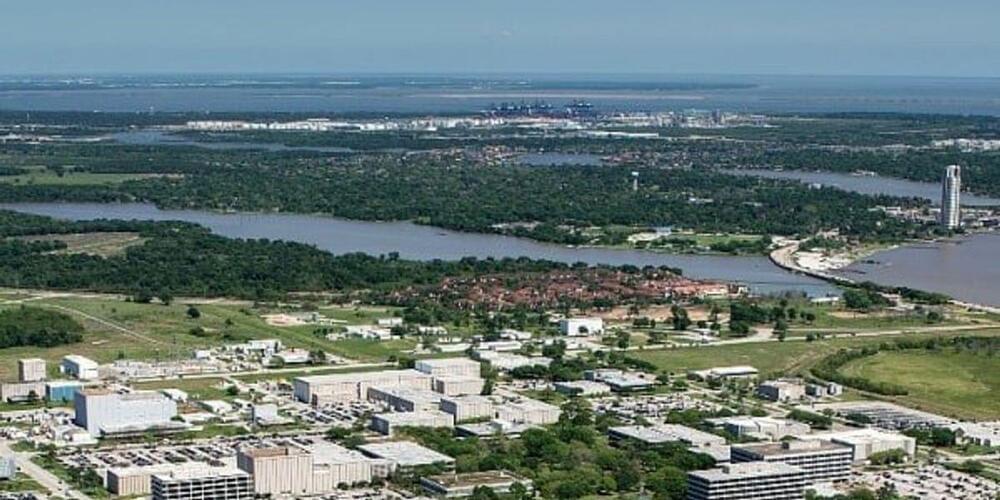A promising, more durable fuel cell design could help transform heavy-duty trucking and other clean fuel cell applications. Consisting of nanowires that are less susceptible to corrosion than other designs, the innovative electrode—the heart of a polymer electrolyte-membrane fuel cell—could usher in a new era for fuel cells, which use hydrogen as emission-free power for vehicles.
“In real-world terms, this means that we can have a more durable fuel cell that will provide high fuel economy over a longer lifetime,” said Jacob Spendelow, a scientist with the Los Alamos National Laboratory team that described its results in the journal Advanced Materials. “This work demonstrates that we can get rid of conventional carbon-based catalyst supports, eliminating the degradation problems associated with carbon corrosion, while still achieving high fuel cell performance.”
The improved durability makes this fuel cell a promising candidate for use in heavy-duty trucking applications, which require fuel cell lifetimes of more than 25,000 hours.







